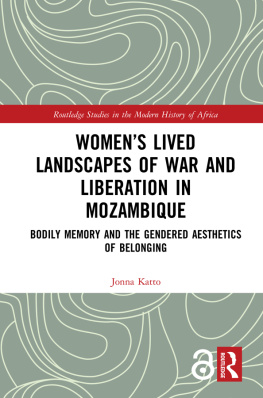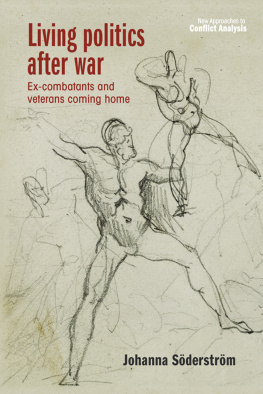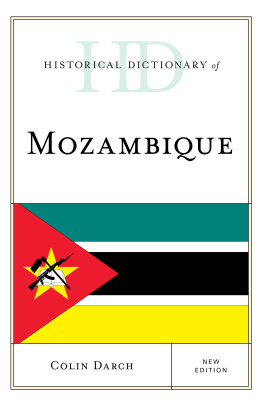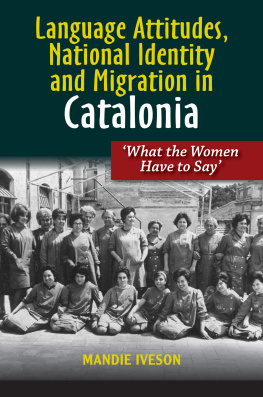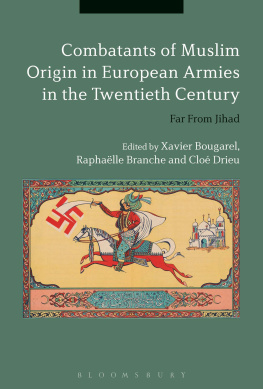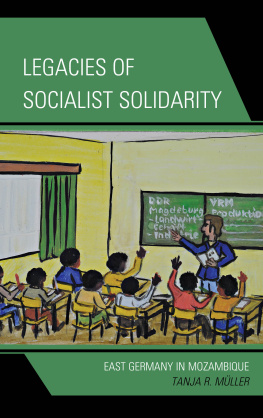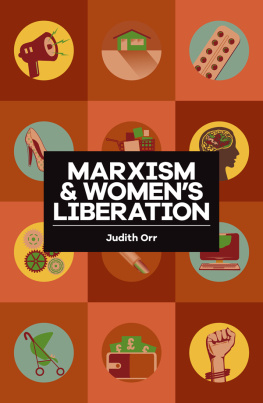Jonna Katto - Women’s Lived Landscapes of War and Liberation in Mozambique: Bodily Memory and the Gendered Aesthetics of Belonging
Here you can read online Jonna Katto - Women’s Lived Landscapes of War and Liberation in Mozambique: Bodily Memory and the Gendered Aesthetics of Belonging full text of the book (entire story) in english for free. Download pdf and epub, get meaning, cover and reviews about this ebook. year: 2019, publisher: Routledge, genre: Religion. Description of the work, (preface) as well as reviews are available. Best literature library LitArk.com created for fans of good reading and offers a wide selection of genres:
Romance novel
Science fiction
Adventure
Detective
Science
History
Home and family
Prose
Art
Politics
Computer
Non-fiction
Religion
Business
Children
Humor
Choose a favorite category and find really read worthwhile books. Enjoy immersion in the world of imagination, feel the emotions of the characters or learn something new for yourself, make an fascinating discovery.
- Book:Women’s Lived Landscapes of War and Liberation in Mozambique: Bodily Memory and the Gendered Aesthetics of Belonging
- Author:
- Publisher:Routledge
- Genre:
- Year:2019
- Rating:5 / 5
- Favourites:Add to favourites
- Your mark:
Women’s Lived Landscapes of War and Liberation in Mozambique: Bodily Memory and the Gendered Aesthetics of Belonging: summary, description and annotation
We offer to read an annotation, description, summary or preface (depends on what the author of the book "Women’s Lived Landscapes of War and Liberation in Mozambique: Bodily Memory and the Gendered Aesthetics of Belonging" wrote himself). If you haven't found the necessary information about the book — write in the comments, we will try to find it.
This book tells the history of the changing gendered landscapes of northern Mozambique from the perspective of women who fought in the armed struggle for national independence, diverting from the often-told narrative of women in nationalist wars that emphasizes a linear plot of liberation.
Taking a novel approach in focusing on the body, senses, and landscape, Jonna Katto, through a study of the women ex-combatants lived landscapes, shows how their life trajectories unfold as nonlinear spatial histories. This brings into focus the womens shifting and multilayered negotiations for personal space and belonging. This book explores the life memories of the now aging female ex-combatants in the province of Niassa in northern Mozambique, looking at how the female ex-combatants experiences of living in these northern landscapes have shaped their sense of socio-spatial belonging and attachment. It builds on the premise that individual embodied memory cannot be separated from social memory; personal lives are culturally shaped. Thus, the book does not only tell the history of a small and rather unique group of women but also speaks about wider cultural histories of body-landscape relations in northern Mozambique and especially changes in those relations.
Enriching our understanding of the gendered history of the liberation struggle in Mozambique and informing broader discussions on gender and nationalism, this book will be of interest to students and scholars of African history, especially the colonial and postcolonial history of Lusophone Africa, as well as gender/womens history and peace and conflict studies.
Jonna Katto: author's other books
Who wrote Women’s Lived Landscapes of War and Liberation in Mozambique: Bodily Memory and the Gendered Aesthetics of Belonging? Find out the surname, the name of the author of the book and a list of all author's works by series.

